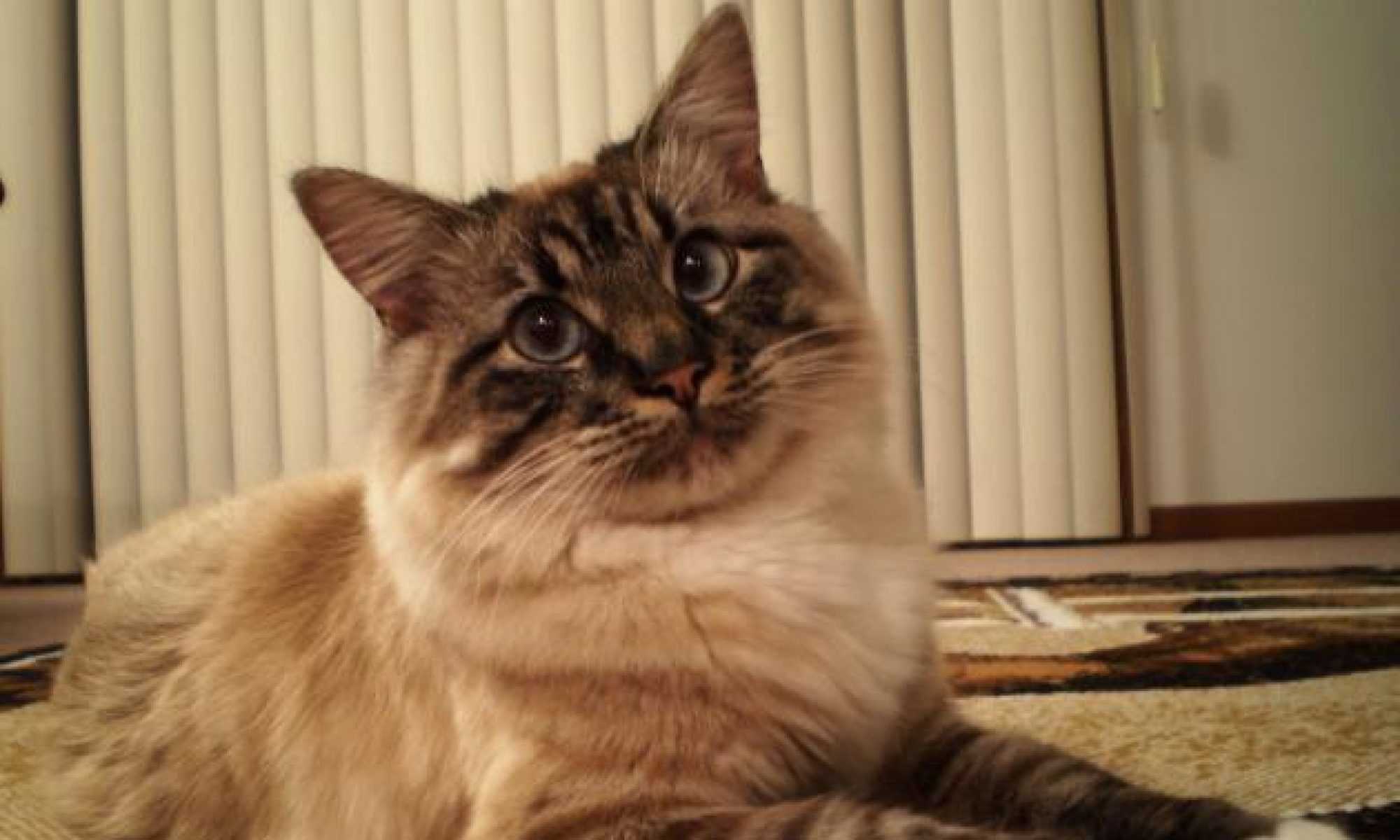Yes. There appear to be no negative effects of offering rawhide chews. Feeding rawhide chews is an effective method of maintaining dental health, specifically in preventing gingivitis. Gingivitis is an inflammation of the gums due to bacterial plaque. Chewing rawhides helps keep plaque from forming by scraping teeth to clean them. Rawhides can also prevent or decrease the severity of periodontal disease (gum disease). Gum disease is seen over a long period of time as a buildup of plaque, tartar, …
I want to smoke beef bones and sell them to my customers for their dogs. Is this safe?
Cooked bones, including smoked, should not be fed to dogs. The bones can splinter from the cooking process which causes the bones to harden and become brittle; splintering bones can cause severe damage to a dog. Dogs can cut their mouths, pierce their stomach lining, and possibly block the intestines.
Some raw bones can be fed because they will not splinter; however, some meat should be left on the bones to act as a cushion. The major bones of support …
Nuclear Sclerosis vs. Cataracts in Companion Animals
Nuclear sclerosis is a very common eye defect in older animals and is commonly mistaken for cataracts in companion animals. Nuclear sclerosis results in a cloudy appearance to the lens of the eye but is less harmful than cataracts because it does not greatly affect the vision of your pet. With no other outside contributor responsible, this disease appears as a normal part of the aging process and is often unavoidable. Nevertheless, if your pet’s eyes appear cloudy, it is …
Heartworm Disease
Heartworm disease (Dirofilaria immitis) is a preventable but serious and potentially fatal disease. It is caused by a parasitic worm that primarily infects members of the canid family, including domesticated dogs and wild canids, such as coyotes, wolves, and foxes. The infection is not limited to dogs, as it has been documented in other mammals as well, including cats, ferrets, raccoons, opossums, seals, sea lions, and rarely humans.
History
According to the American Heartworm Society, the first published …
Bladder Stones in Guinea Pigs
What are bladder stones?
Uroliths (bladder stones) are mineral structures that form in the bladder. These uroliths can remain in the bladder or get stuck in the urethra during urination. Sometimes small stones can pass as the guinea pig urinates but more often they cause a problem that can be life threatening. Uroliths can cause irritation to the bladder wall, bloody urine, or can completely block the urethra.
Bladder sludge is defined as gritty particles that accumulate in the bladder …
Pet-friendly Shelters
“Pet-friendly” describes a human emergency shelter located in the same area or facility as an emergency shelter for pets. Typically, pet owners are allowed to care for their own animals.

Pet-friendly shelters were created as a result of lessons learned from Hurricane Katrina. On October 6, 2006, President George W. Bush signed into law the Pets Evacuation and Transportation Standards Act (PETS Act). According to the American Veterinary Medical Association (AVMA), the …
4-H Companion Animal Photo and Video Contest

The Companion Animal Community of Practice is pleased to announce 4-H photo and video contest.
These contests provide a venue for 4-H members across the nation to express their love of companion animals and demonstrate their photography and video skills.
Eligibility:
- Contest is open to all 4-H and non-4-H youth ages 8-18 years of age as of January 1, 2014.
- Must be a citizen or permanent resident of the United States.
- All work must be created by the participant.
- Entry
Companion Animal 4-H Video Contest
Official Guidelines
This contest provides a venue for 4-H members across the nation to express their love of companion animals and demonstrate their filmmaking skills.
Eligibility:
- Contest is open to all 4-H and non-4-H youth ages 8-18 years of age as of January 1, 2014.
- Must be a citizen or permanent resident of the United States.
- All film entries must be original and created and produced by the filmmaker(s).
- Entry must have been completed after October 1, 2013 and by
How much space does my bird need?
The amount of space should be large enough for the birds to fully stretch their wings, and allow for some flight, but also for your birds to hop, climb, feed, socialize, and exhibit other natural behaviors. Long-tailed species, such as parakeets, cockatiels, and macaws, will need housing that will accommodate their tails as they move around. If a cage is too small for these long-tailed species, the tails may become damaged. Adequate-sized housing is important not just for physical health, …
Sugar Gliders: A Summary of the Nature and Care of the Companion Sugar Glider
Sugar gliders are small tree-dwelling nocturnal marsupials, and, until very recently, have not been classified as a companion animal species. However, over the last decade, sugar gliders have been increasingly kept as pets largely in the United States, Canada, and Japan. Sugar gliders are valued as pets because of their cleanliness, attraction, and hardiness. Sugar gliders have a relatively low rate of health issues; however, this natural hardiness can be quickly degraded if these animals are kept in improper social, …

